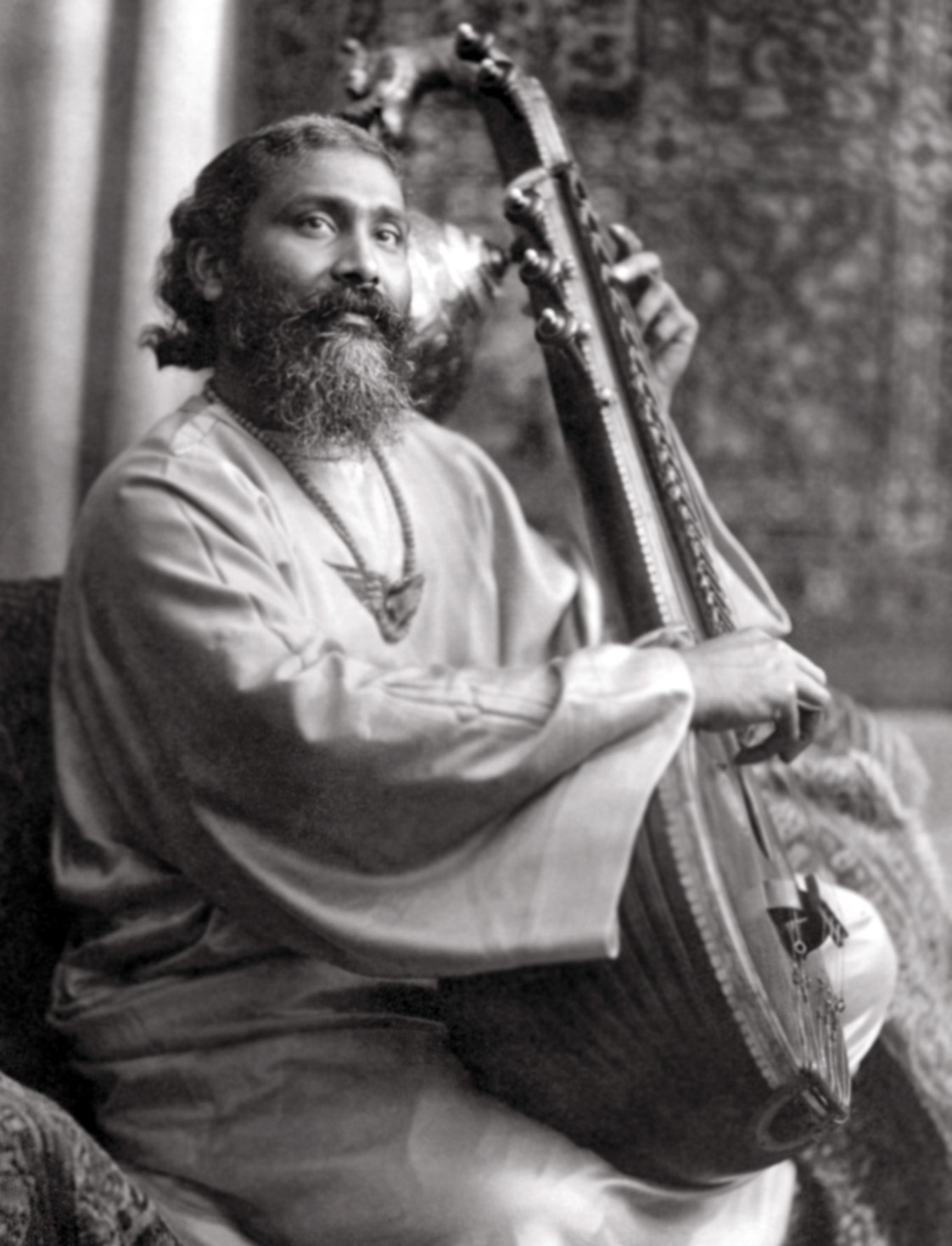
The Music of Life
One must know at every moment in one's daily life, "What does life demand of me, what does it ask of me, and how shall I answer the demand of my life?"
Pir-o-Murshid Inayat Khan
In character-building it is most necessary that one should learn how to face
the world, the world where one meets with sorrows and troubles and pleasures and
pains. It is very difficult for one to hide them from the world, and at the same
time a wise person is not meant to show all he feels nor to show at every moment
what he feels. An ordinary person, like a machine, reacts in answer to every
outer influence and inner impulse; and in this way he very often cannot keep to
the law of the music of life.
Life, to a wise person, is a music; and in that symphony he has to play a certain
part. If, in one's feeling, one has dropped so low that one's heart is sounding a lower pitch,
and the demand of life at that moment is that one should voice a higher pitch,
at that time one finds that one has failed in that music in which one was meant to
play one's part fittingly.
This is the test by which you can distinguish the old
soul and the child soul. The child soul will give way to every feeling; the old
soul will strike the higher note in spite of every difficulty.
There are moments when laughter must be kept back, and there are times when
tears must be withdrawn. And those who have arrived at the stage where they can
act the part that they are meant to act in this life's drama rightly and
efficiently, they even have
power over the expression on their face. They can even turn their tears
into smiles, or smiles into tears. One may ask, "Is it not hypocrisy not to
be natural?" The one who has control over his nature is more natural. He is not
only natural, he is the master of nature. The one who lacks power over
nature, in spite of his naturalness, is weak.
Besides, it must be understood that real civilization means the art of life. What
is that art? It is knowing the music of life. Once a soul has awakened to the
continual music of life, the soul will consider as its responsibility, as its duty, to play
its part in the outer life, even if it be contrary to his inner
condition for the moment. To do this requires knowledge.
One must know at every moment in one's daily life, "What does life demand of me, what does it ask of me, and how shall I answer the
demand of my life?" This requires one to be awakened fully to life's conditions.
One must have insight into human nature, and one must be able to know one's own
condition fully as well. If one says, "I am as I am; if I am sad, I am sad; if I am
glad, I am glad," that will not do. Even the earth will not bear the person who
will not answer life's demands. The sky will not tolerate that person, and the
space will not accommodate him who is not ready to give what life demands of
him. If this is true, then it is best when it is easily done and willingly done.
In the orchestra there is a conductor and there are many who play the music, and
every player of an instrument has to fulfil his part in the performance. If he
does not do it right, it is his fault. The conductor will not listen if he says
he did not do it properly because he was sad or because he was too glad; the
conductor is not concerned with his sadness or his gladness. He is concerned
with the part that the particular musician must play in the whole symphony. This
is the nature of our lives. The further we advance, our part in this orchestra
becomes more difficult and more important, and the more conscious we become of
this responsibility, the more efficient we become in performing our part in
life's symphony satisfactorily.
In order to be able to have that control over oneself, what is necessary? We must have control over our inner self, because every outward manifestation is nothing but a reaction of the inner condition. Therefore, the first control that we have to get is over ourselves, our inner self, which is done by strengthening the will, and also by understanding life better.